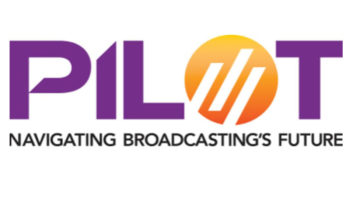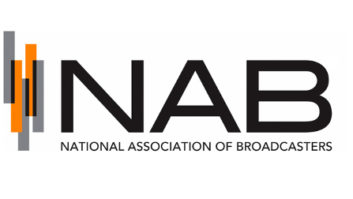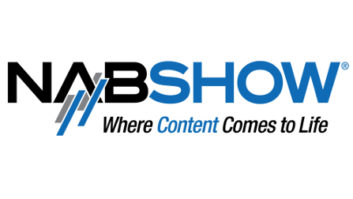This story is copyright Radio World newspaper.
NAB says those who think the IBOC standard developed by the National Radio Systems Committee is incomplete are wrong. The association has urged the FCC to incorporate NRSC-5 in its final authorization for terrestrial digital radio transmissions in the United States.
Statements that advocate reconsidering IBOC as the approach for digital radio or using another band should be dismissed because the FCC has already decided the issue, the trade group says in reply comments filed about the IBOC standard, NRSC-5.
NAB agrees with the Consumer Electronics Association that while the standard’s lack of a specified codec isn’t ideal, “it’s workable.”
In earlier comments, Microsoft, Impulse Radio, Broadcast Signal Lab and others said the lack of a codec is cause for the FCC to send the standard back to the NRSC for completion. But NAB said that isn’t necessary; Ibiquity’s codec or other codec can be used with the standard, “without a codec identifier … since audio codecs are self-identified by digital radios, i.e., radios built to react to a specific compression scheme will work when data using that compression scheme is delivered to the radio, and the radio will simply ignore compression schemes delivered to it for which it was not built.”
Stations are not required to use Ibiquity’s codec when they go digital, “contrary to the assertion of Microsoft et al.,” NAB argues.
NAB also “vociferously” disagreed with charges by Impulse that the NRSC process was controlled by Ibiquity, thus giving the technology company an unfair competitive advantage. NAB called the process open and fair.
“The committee’s decision to complete work on the main transmission standard, ahead of the data standard, and submit it to the FCC was appropriate.”
Interference concerns can be addressed by reducing digital power levels or other means and can be handled on a case-by-case basis, said NAB. Some stations described their experiences with IBOC interference in their comments; NAB suggested the agency track these.
The FCC should “begin to characterize the interference environment nationwide as stations go on the air with IBOC with a view toward setting up interference mitigation techniques in the final rules,” stated the association.
As far as AM interference concerns, the trade association believes it’s important for AM IBOC to move forward with FM IBOC, so AM doesn’t get left behind.











